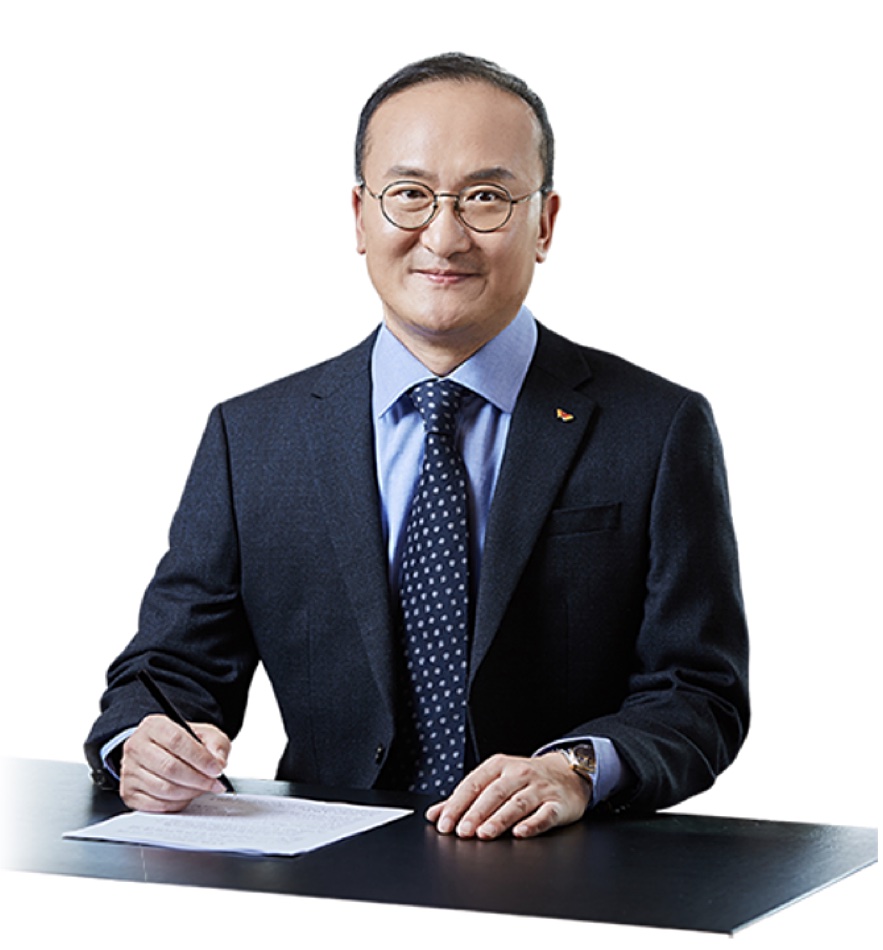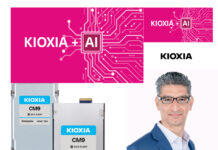SSD maker SK hynix is calling on companies to do their bit for climate change – by replacing disk drives with SSDs.
In an earnings call yesterday discussing fiscal Q3 results, CEO Lee Seok-Hee said it is “notable that the general SSDs and low power consumption SSDs consume 50 per cent and 94 per cent less power than HDDs respectively. Consequently, if all HDD storage in global data centres was replaced by low power consumption SSDs, we can eliminate 41 million tons of carbon dioxide emissions.
Lee said:”This will lead to approximately more than 4.2 trillion won of social value. The company will try to realise such social value by driving the conversion towards SSD in the data storage market.”
“For data that never stops being generated, the world’s data centre storage capacity has to grow rapidly to as much as 5.1 billion terabytes in 2030, which is a 5.7 times growth in 10 years, “Lee said.The SSD with outstanding performance in speed and power consumption will grow to about mid-40 per cent, and most SSDs will be substituted from TLC to QLC or PLC that offer better cost per bit.”

SK hynix is joining RE100, a global initiative bringing together the world’s businesses committed to 100 per cent renewable electricity, and “aims to ensure all of its power consumption is generated by renewable energy by 2050.”
Lee said: “The dramatic climate change is the problem which impacts not only companies’ economic value but also the survival of human race.”
RE100 was established in 2014 by the Climate Group and 263 companies have joined the initiative.
The Intel deal
Lee said in the earnings call that SK Hynix was a late starter in the NAND business. It is buying Intel’s 3D NAND foundry and SSD business for $9bn to get a leg up, gaining a product portfolio, SSD technology and manufacturing scale. The company aims triple NAND revenues over five years with the acquisition.
Lee said Intel is “particularly competitive in the data centre SSD market. It is leading the standardisation of PCIe interface [and] has strong firmware and controller technology as well as industry-leading QLC technology.”
These strengths complement SK hynix strengths in 3D layering, in-house controllers and mobile NAND applications. With Intel’s NAND business, the company “will be able to extend our business opportunities into all areas of NAND.”
SK hynix revenues in the quarter ended 30 September, were Kwon 8.23tn ($7.2bn), up 19 per cent Y/Y, with a profit of Kwon 1.1tn ($950m), up 118 per cent Y/Y. DRAM chips represented 72 per cent of the revenues and NAND accounted for the rest.








